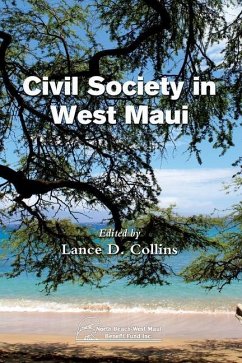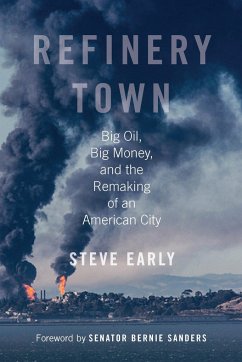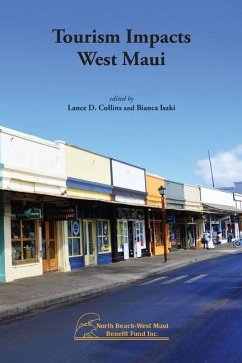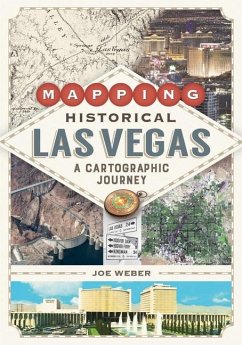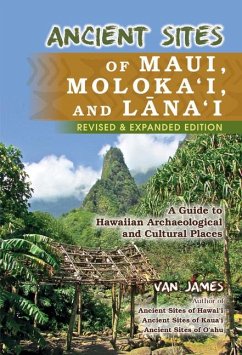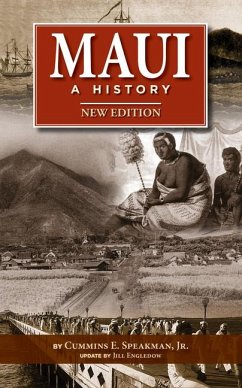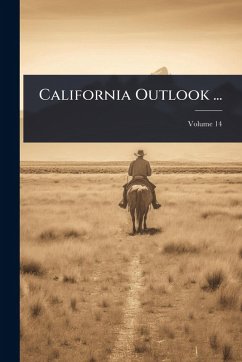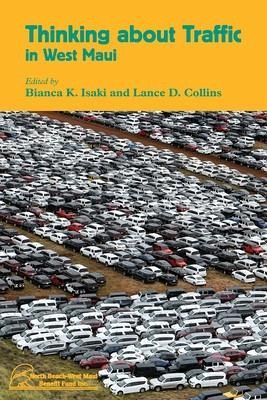
Thinking about Traffic in West Maui
Versandkostenfrei!
Versandfertig in über 4 Wochen
24,99 €
inkl. MwSt.

PAYBACK Punkte
12 °P sammeln!
West Maui's long-time residents, tourists, and day workers alike have spent hours sitting in their cars, frustrated, as they ask the ubiquitous modern-day question, "why can't they do something about this traffic?" Thinking about Traffic in West Maui explores possibilities for solving this very complex and mundane problem by compiling thought experiments from experts in planning, transportation, engineering, community organizing, and law. Each author addresses a community-originated proposal for a solution to West Maui's traffic woes: encouraging more people to use bicycles, widening roads on ...
West Maui's long-time residents, tourists, and day workers alike have spent hours sitting in their cars, frustrated, as they ask the ubiquitous modern-day question, "why can't they do something about this traffic?" Thinking about Traffic in West Maui explores possibilities for solving this very complex and mundane problem by compiling thought experiments from experts in planning, transportation, engineering, community organizing, and law. Each author addresses a community-originated proposal for a solution to West Maui's traffic woes: encouraging more people to use bicycles, widening roads on an alternate route, tunneling a new road through the mountains, implementing rideshare carpooling applications, managing the retreat of coastal roads, and constructing a ground-level light-rail system from Napili to Kahului airport. Readers will appreciate the patient attention to practical details alongside informed-analyses of the economic and technological landscapes in which they are nested. Thinking about Traffic in West Maui is singular in its reasoned, interdisciplinary approach to a practical, place-based problem. The chapters and findings detail a process that illuminate West Maui traffic as comprised of a host of interconnected issues--affordable housing, overtourism, displacement from ahupuaʻa-based traditions, sea level rise, international migration, international corporate markets, class inequality, and, most of all, the contours of the physical environment of West Maui. Maui residents, tourists, academics, and everyone who has thought seriously about how to optimize traffic patterns will enjoy the novel, perceptive approaches taken in each chapter.



